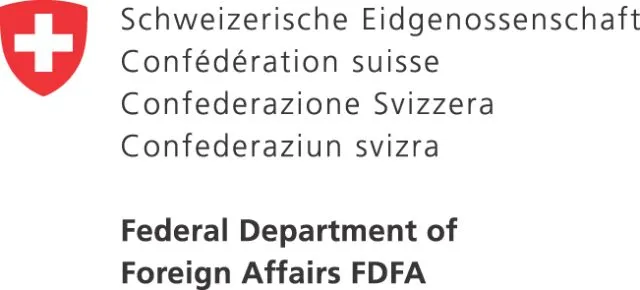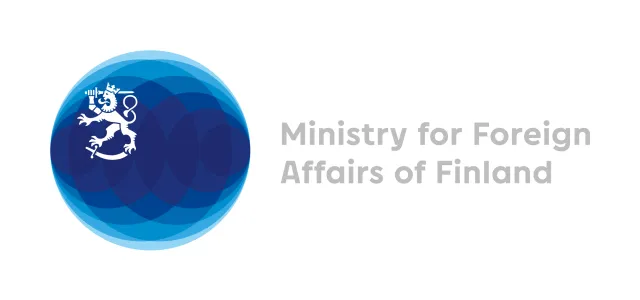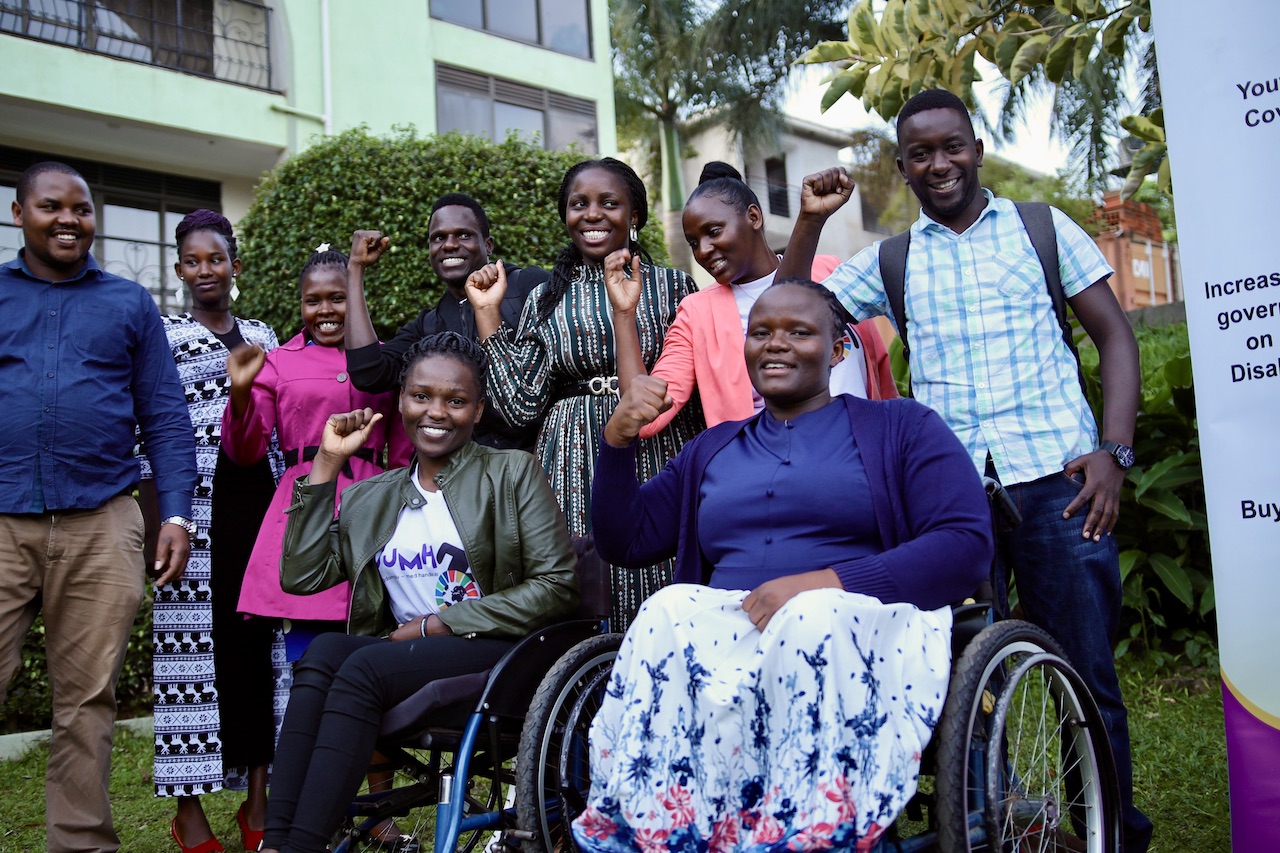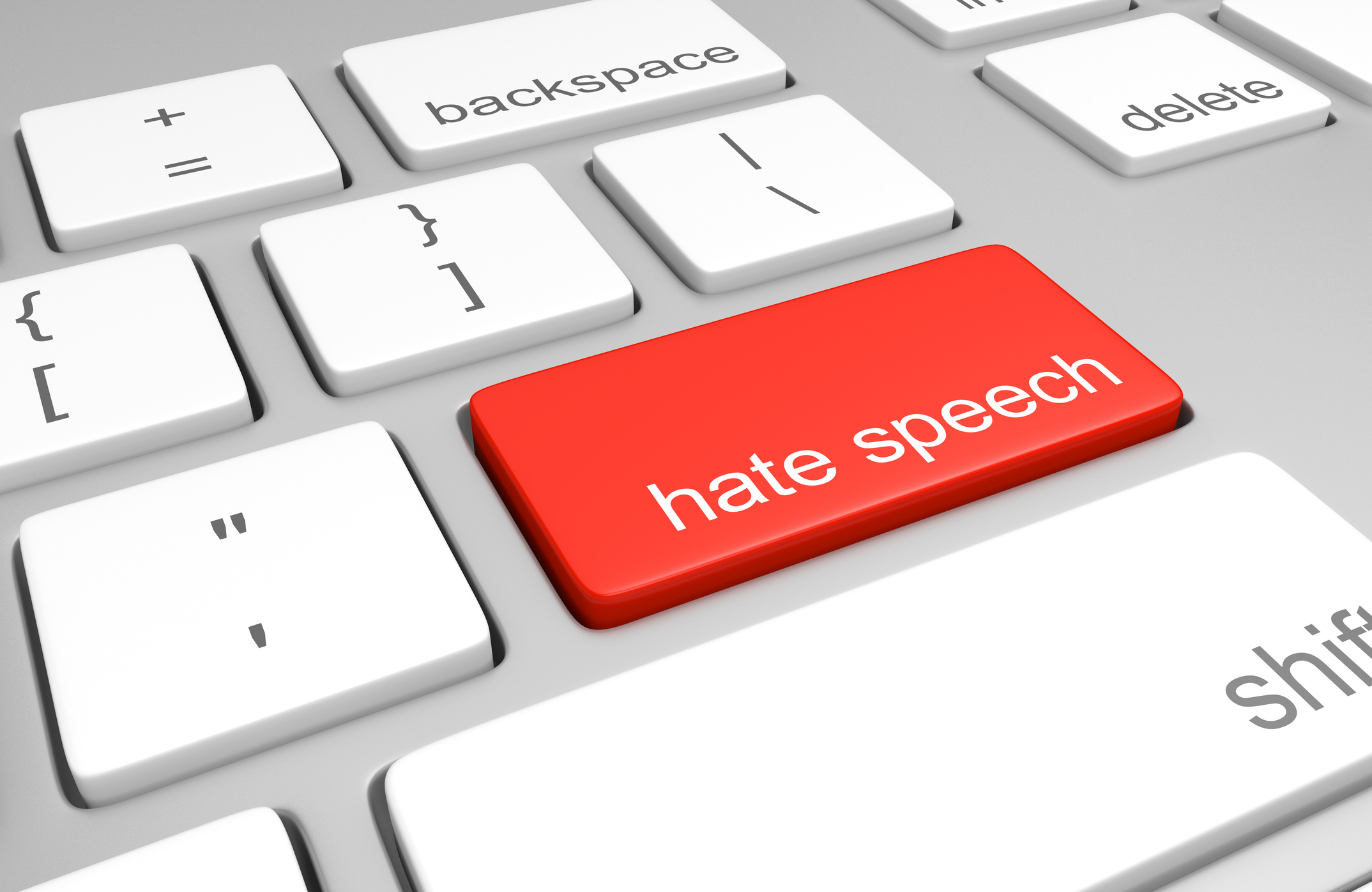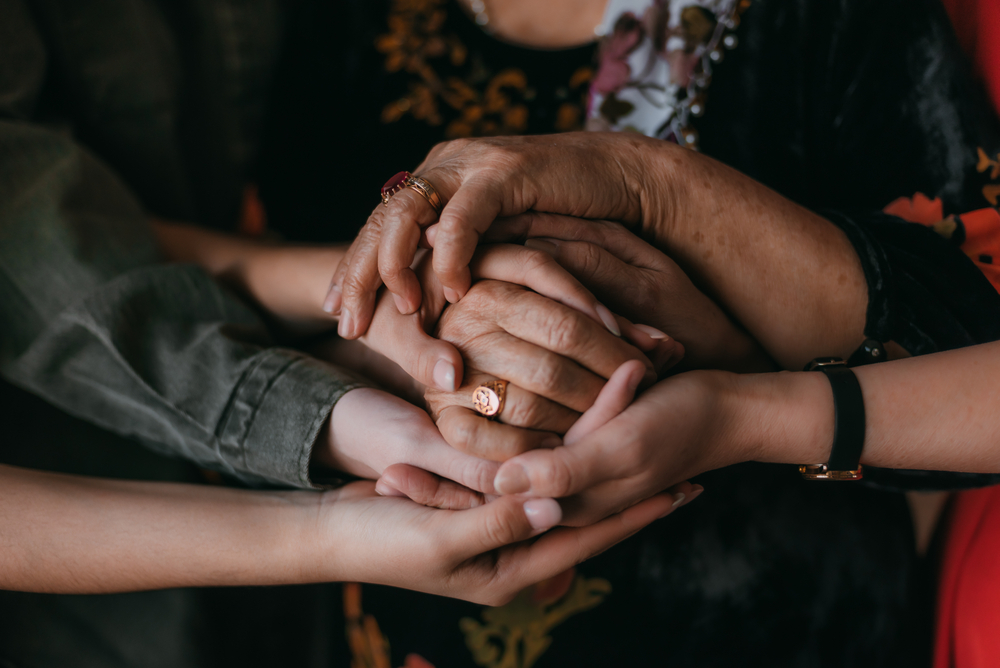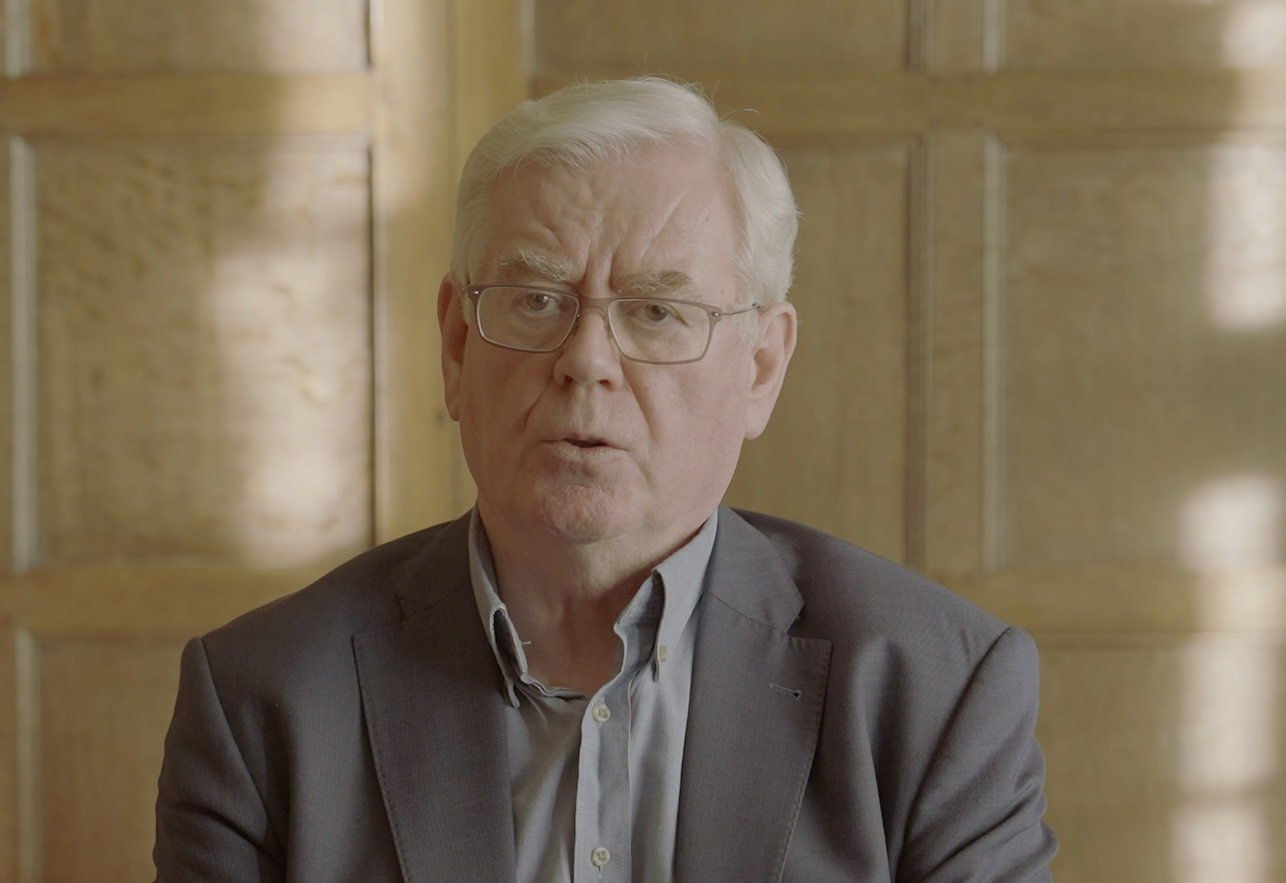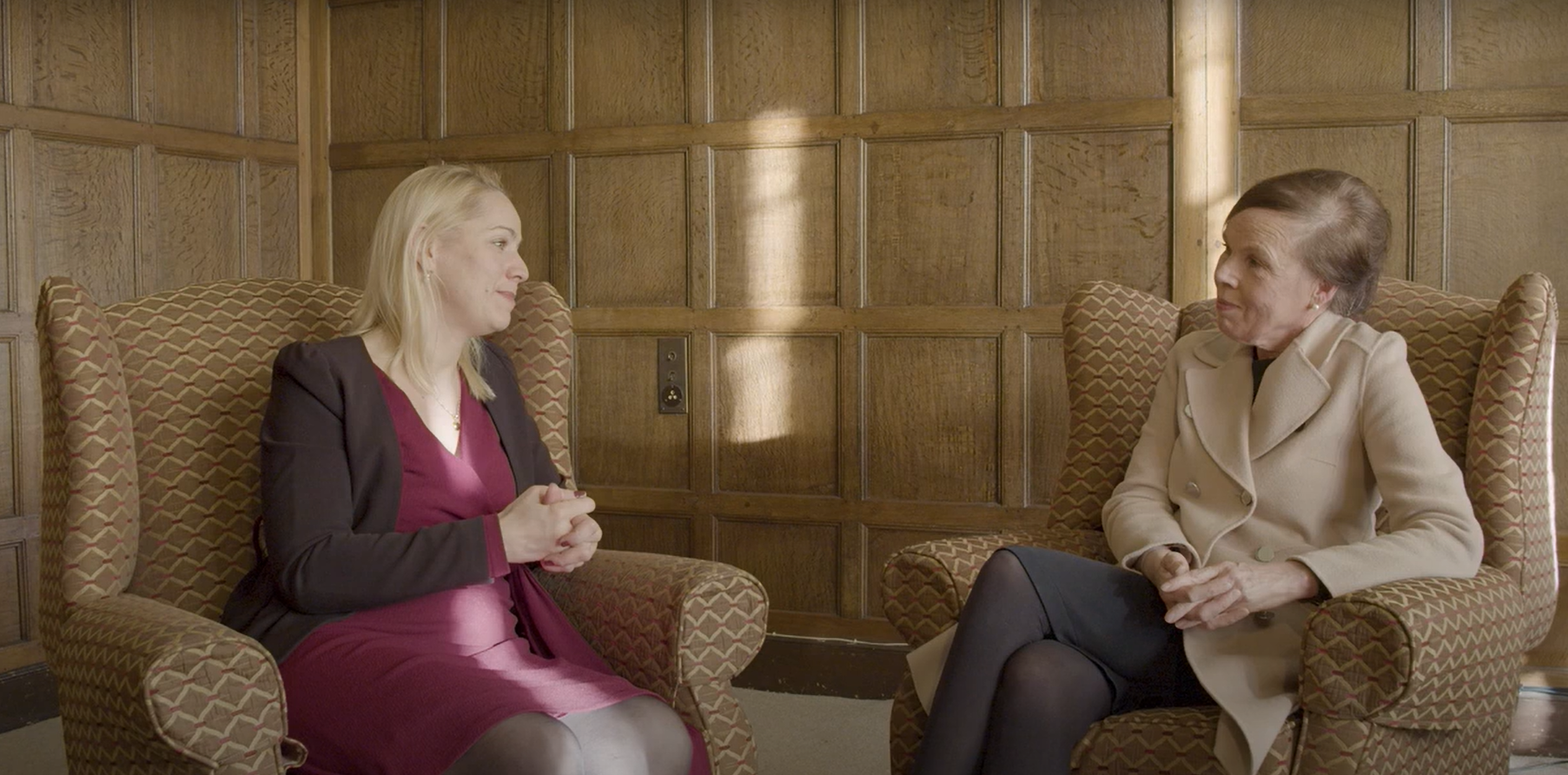Human rights defenders (HRDs) are instrumental in the promotion and protection of human rights worldwide. Facilitating their activities and including their input in policy development is crucial for protecting the rule of law and the broader civic space. As highlighted by the bumper election year of 2024, human rights defenders are under increasing pressure in many countries and regions around the globe. We are witnessing political, financial and legislative measures that aim at shrinking the space for civil society, both online and offline. HRDs are also facing the risk of reprisals when engaging with governments or voicing their concerns at multilateral fora.
Meanwhile, the continued fighting in Ukraine, the Middle East and elsewhere brings up new political and security challenges for HRDs operating in the area. Many HRDs have to operate in exile, struggling to project influence in their home countries while often also facing various threats from state and non-state actors. The tools of this online and offline repression have kept pace with rapid technological advancements.
This conference will focus on improving the support and protection of HRDs, especially those working in a conflict context or facing transnational repression.
The discussion will include the following topics:
- The evolving threats faced by HRDs. How do online and offline repression tools differ and where do they intersect?
- Lessons learnt and best practices in supporting and protecting HRDs – which legislative, political, technology and other tools work and which do not? What roles do different sectors play?
- How can receiving states better protect HRDs from transnational repression? How can early warning mechanisms be enhanced to spot such repression?
- As the nature of armed conflict evolves, how are the needs of HRDs in conflict environments changing?
- How to address repression by non-state actors such as corporations, paramilitary organisations or “GONGOs” (Government-organised non-governmental organisations)?
- What steps can international organisations (such as UN, Council of Europe, OSCE, etc.) take to enable better participation of HRDs in their fora while minimising risks to their safety?
In partnership with
